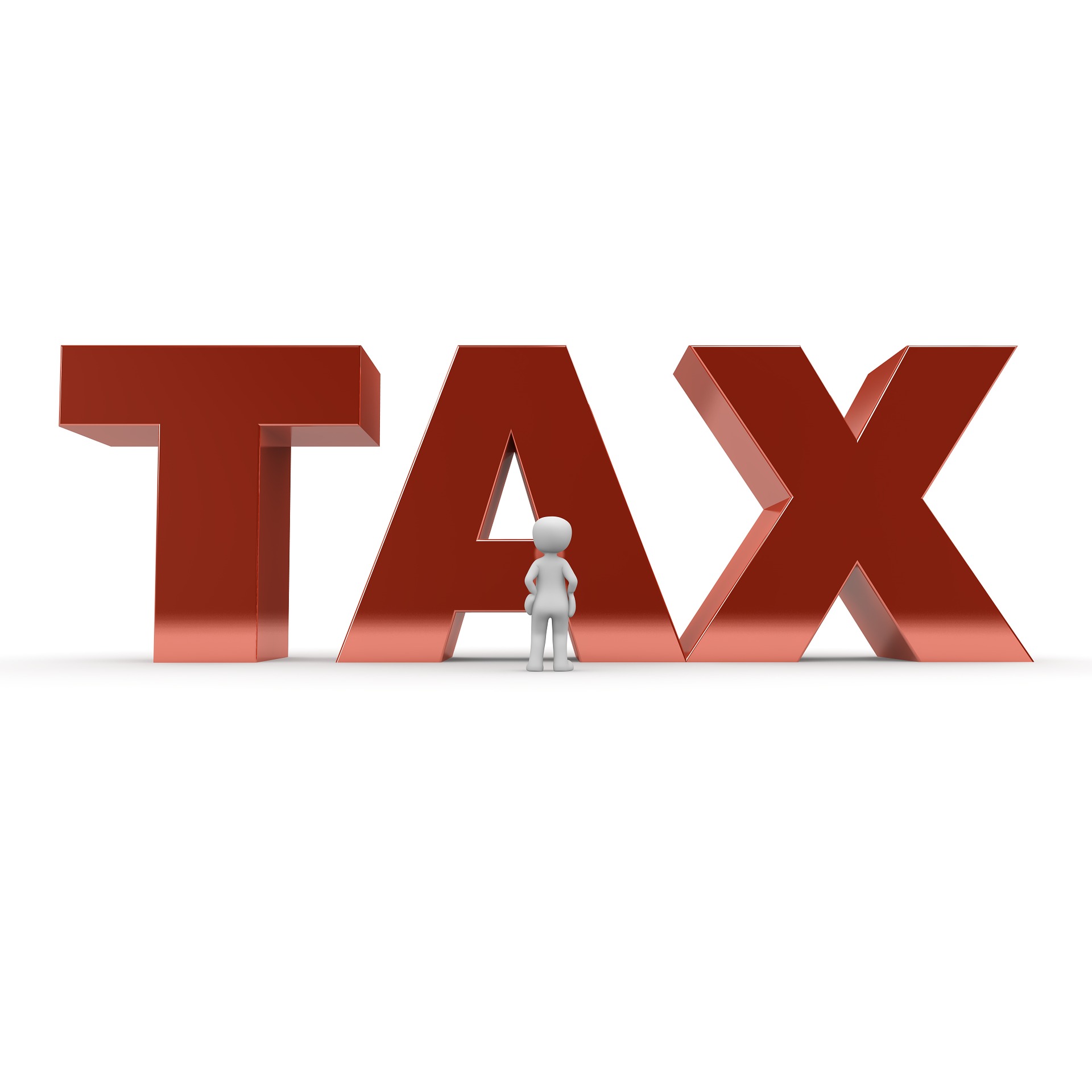
09 Nov Who Has to Pay? Tax Considerations for the Estate and the Beneficiaries
After a lifetime of working and saving, most Canadians want to pass something along to the next generation. Those who have planned carefully have likely taken steps to protect their wealth and their assets even after their death. Others have not. Either way, it’s important for the executor to have a basic understanding of the tax structure in Canada in order to be prepared.
Property
In 2016, nearly 68% of Canadian households owned their homes.[1] And in some places – such as Toronto and Vancouver – it is not uncommon to own additional pieces of property as well. It is even possible for each piece of property owned by the deceased to fall under a different category.
The main categories include:
- The principal residence is the main place where the deceased lived. The principal residence could be a house, a condo, a cottage or even a boat. The critical piece about the principal residence is that neither the estate nor the beneficiaries have to pay any taxes when the property is sold.
- A recreational property, such as a cottage or a boat, is considered a luxury and can be taxed when it is sold. However, a recreational property that is left to a surviving spouse is not taxed.
- Likewise, a rental property can be taxed. The executor has a duty to protect the rental property like any other part of the estate, but the executor must also collect rent and take care of the tenants.
- If a property falls under joint tenancy, it becomes the property of the second owner upon the death of the first owner. This means it isn’t part of the estate at all, so there are no taxes to pay.
- A farm is a unique situation that requires the assistance of a professional, especially one with experience dealing with farms.
Direct Beneficiary
It’s commonly known that designating a beneficiary can be helpful to shelter your assets. That’s why it’s important to designate a beneficiary when possible.
If no beneficiary is designated, the estate will automatically be designated as the beneficiary – and then the estate may have to pay taxes.
- RRSP/RRIF: The money in an RRSP or RRIF comes from pre-tax funds. When filing the terminal return, RRSP or RRIF money should be included as income and will be taxed. A designated beneficiary, however, receives that money tax-free. Note that the money can also be transferred tax-free to a surviving spouse’s own plan, to a financially-dependent child or grandchild, or to a mentally or physically infirm dependent child.
- TFSA: The money in a TFSA comes from after-tax funds, so a designated beneficiary does not need to pay tax on it. In addition, the beneficiary can even transfer the money directly into their own TFSA, provided they have unused contribution space available.
- Insurance policies: A life insurance payout is designed to minimize hassle, so the payout goes directly to a designated beneficiary. The beneficiary does not pay any taxes. However, if a beneficiary is not designated, the estate will pay taxes on the payout.
Trusts
Trusts are used for a variety of reasons, but they can be more complicated in terms of taxes depending on the way the trust is set up. In general, a beneficiary receiving income from a trust must declare that income on their income tax and pay taxes on it. The trust deducts that income when preparing its own income tax statements.
To learn more about the role of the executor, contact us.
[1] https://www150.statcan.gc.ca/n1/daily-quotidien/171025/dq171025c-eng.htm


Sorry, the comment form is closed at this time.